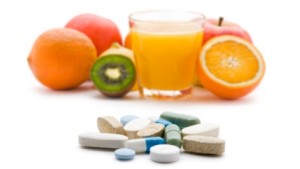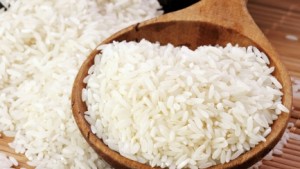There’s no doubt that psoriasis is a challenging health concern, with many people under the misconception that you can catch it. Although psoriasis isn’t contagious, if you do have it, psoriasis does affect your wellbeing in number of ways. It can be tough to find the right treatments and cover ups to get through flare-ups, but if you follow our tips to help soothe and subdue symptoms, you can boost your confidence in your ability to cope.
1. Eat a Healthy Diet: According to Lawrence Green, MD, a dermatologist in the Washington, DC area, ‘It’s always good to have a healthy diet no matter what you’re up against. It’s going to help whatever you have. It’s one less thing your body needs to worry about.’
2. Reduce Stress: Gary Goldenberg, MD, assistant professor of dermatology and pathology at the Icahn School of Medicine at Mount Sinai in New York City, explains, ‘There’s really good evidence that shows that stress makes psoriasis worse.’ So try yoga, massage therapy, biofeedback, or just general relaxation to reduce flares.
3. Limit Your Alcohol Intake: ‘There’s a difference between consuming too much and consuming a healthy amount,’ says Dr. Goldenberg. ‘A patient with psoriasis who doesn’t have medical contraindications could have a glass of wine with dinner.’
4. Experiment with Make-Up: Doris Day, MD, a dermatologist with LenoxHillHospital, points out, ‘A primer creates a white background [making] everything even, so when you apply foundation it goes on smoothly. The pores are minimized and the skin is flawless.’
5. Get Down to a Healthy Weight: Dr. Goldenberg points out, ‘There’s some evidence that if you lose weight, the psoriasis actually gets better.’
6. Don’t Smoke: Dr. Green, who is also chair of the research committee at the National Psoriasis Foundation, warns that smoking ‘puts stress and strain on the body and makes it more difficult for the body to reduce inflammation.’
7. Find the Right Medications for You: Comedian Jon Lovitz has told the National Psoriasis Foundation he tried lots of medications before hitting gold. ‘A lot of people with psoriasis give up, but don’t,’ he urges. ‘Find out what works best for you.’
8. Cover Up Strategically: On the Sally Hansen Airbrush Legs spray website, Kim Kardashian wrote, ‘I love this stuff! It really covers up my psoriasis so well!’
9. Choose Colours Carefully: Dr. Day advises, ‘If you have psoriasis on the scalp, wearing a black turtleneck will be problematic because it will scale and be on the clothing. Lighter colours such as winter white or yellow will hide the scales. It takes away a level of self-consciousness.’
10. Focus on the Positive: ‘If you say, “I am psoriasis,” of course you’re going to be negative,’ asserts Dr. Day. ‘Psoriasis is a very common condition. You’re not alone. You don’t owe anybody an explanation and if you’re okay with it, other people will be okay with it. It’s not who you are, just something you have.’
11. Get a Little Bit of Sun: If you get the right amount of exposure to ultraviolet light, you can improve your psoriasis. A study recently found that 60% of patients who were exposed to sunlight reported improvements in their psoriasis. However, even a mild sunburn can trigger an outbreak, so be careful.
12. Take Care of Your Scalp: About half of people with psoriasis have psoriasis on their scalp, but coal-tar shampoos can slow the rapid turnover of skin cells on your scalp and reduce irritation. This difficult area can also be treated with other medicated liquids, mousse, shampoos, sprays, gels, tar products, and soaps.






